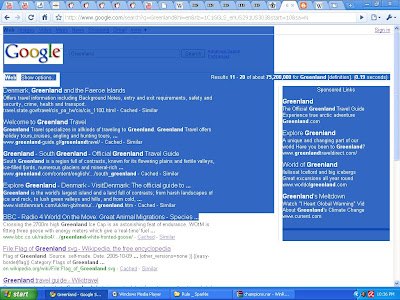During our time on this earth (followed by, assuringly, nothing more), life can be separated into several fifteen year periods. In a fifteen-year period, you can move somewhere, become part of the place, feel the need to move, and then, cathartically, move.
It occurred to me that the lifespan of the average dog is a similar period of time.
Like dogs, these periods are accumulated throughout life, accompanying you for an episode of the journey. They provide you with both comfort and pain, but in the end, we remember them fondly and express sorrow at their ends.
This association of time and death in the idea of a cherished pet's passing causes us to pause and consider it in the context of the temporal aspect of our lives—how long, really, do we live?
There are so few furry friends that we become close with during our lifetimes, whose lives seem to end so quickly, that the reply to the question is more solemn that one could hope. In other words, “I have had only three dogs in my life, yet my life is half over!” Implicitly, I only have three more dog lives to go. Due to human tendency to abstract even extended experiences to a single idea, this time seems much shorter than it actually was. Further, humans rarely have a good comparison to make between their time and the actual experience it takes to elapse, as time is usually used to compare time—“midlife-crisis,” “hump day,” etc.
Given these tendencies that encourage the above “dog anxiety” (as I felt before writing this post. ha. i try to present my feelings as though everyone feels that way to make myself feel less lonely. ha.), humans would hope that some way could be devised to live forever. It then occurred to me, however, that only scarcity creates value, at least in things that can be quantified. If humans could live endlessly, would they live any differently? I contemplated this. If humans made feasible the longingly unfeasible, would they make any use of the gift? They would not need to. As shown by excessive television consumption, people already treat their lives as though they have no end. On the occasions this cognitive dissonance dissipates, the church welcomes them with open arms, contingent on their open wallets and easily manipulated minds.
Although, by the same mechanics described in making time seem short, humans naturally fall into the lie of everlasting life, on both counts. There should be greater emphasis in our society, perhaps even in the educational system, on making use of life, precisely because it does not extend continually into the after-life and heaven. Making people aware, but not to the point of worry, about this truest fact of life, would result in a much more stimulating culture and richer society. After all, life is short—especially in dog years.
XOXOXOX,
Well, girl, just look at you.
